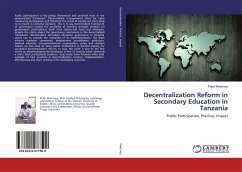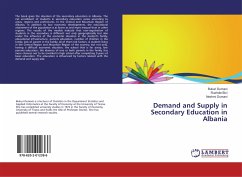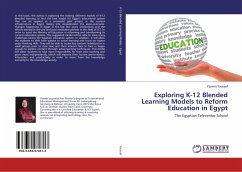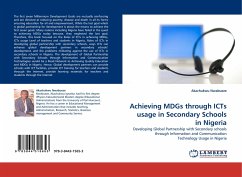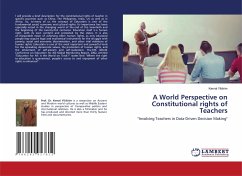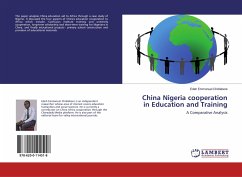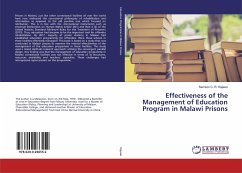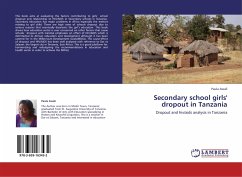Public participation is big policy, theoretical and practical issue in the decentralized framework. Decentralized arrangements allow for more community participation and therefore the voices of people are more likely to be heard in collective decisions. This is to say, decentralized framework of governance creates the possibility of exerting stronger pressure on government performance both from below and from top. However, despite the claims about the governance mechanism in the decentralized framework, decentralized secondary education governance in Tanzania seems not to provide the outcomes of its implementations. The Book informs academic community, development practitioners, politicians, political scientists, non-governmental organization, policy and decision makers on the need to value public involvement in decision-making for successful decentralization reform. In fact, this book is one of the few works on decentralization-by-devolution of the 21 century which demands a more than professional audience. Case study from Tanzania offer vivid example of best practices in decentralization creation, implementation, effectiveness and short coming in the developing countries.
Hinweis: Dieser Artikel kann nur an eine deutsche Lieferadresse ausgeliefert werden.
Hinweis: Dieser Artikel kann nur an eine deutsche Lieferadresse ausgeliefert werden.

